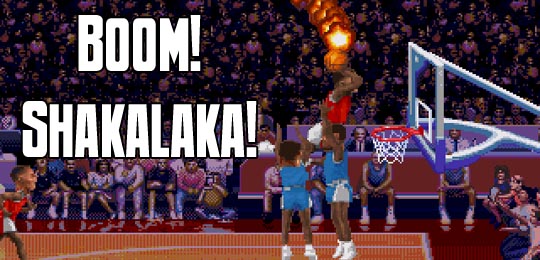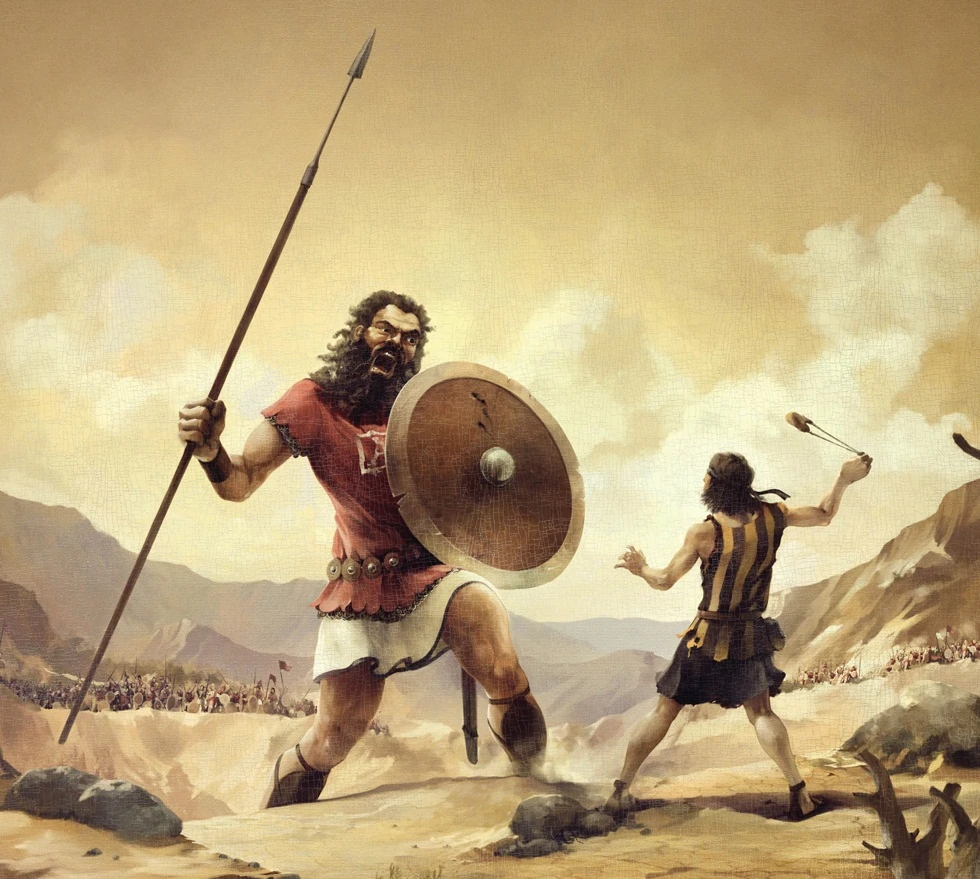Superstition
Your unwashed lucky jersey, a pregame meal of Skittles and a steak, a ridiculous coordinated handshake a pigeons spinning in circles all share something in common: superstition. There is a tendency to infer causality between closely occurring events with positive secondary events (e.g., winning a game, getting a food reward) more likely to cause a repetition of the first event (e.g. not tying your shoes) in the future, while negative secondary events (e.g., losing the game, not getting food) are more likely to case a decrease in repeating the first event in the future. Operant conditioning breaks a behavior down into tiny reinforceable pieces. B.F. Skinner explored conditioning and reinforcement in his study of radical behaviorism. With pigeons and rats he was able to shape behavior through different types of reinforcement applied on various schedules. In sports we can see the principles of behaviorism in rituals developed by athletes and fans alike. Even picking brackets may be influenced from year to year when you win your previous seasons bracket by choosing which mascot could beat up the other.
Lesson: Unless you make the game winning shot, almost anything you do will have little effect on the outcome of the games you watch or the teams you cheer for
Hot Hand
The hot hand fallacy is the false belief that previous success in a random event will lead to a greater chance of further success. In basketball, the hot hand fallacy is that after a player hits two shots in a row, they will be more likely to hit the next shot. Instead of viewing the probability of a player making a shot over the long-term, people are more likely to view smaller sequences of hot and cold streaks (i.e. clustering illusion). More broadly humans are constantly finding patterns within random sequences (Gilovich et al., 1985).
Lesson: Don't give the ball to the career 29% shooter who's hit 4/5 for the last shot over the career 47% shooter.
Underdogs
So called Cinderella teams may be the most exciting parts of the annual March Madness. These "bracket-busters"seeds 9-15 (we can't include 16 as they have never beat a 1 team) can place their school on the map, from the 1985 Villanova Wildcats, to the 2006 George Mason Patriots, and capture a place in America's favorite narrative. However, even if we like the narrative, the odds are not in the favor of Cinderella teams. Ignoring the issues of human rankings of teams we see that the better team usually wins.
Lesson: Yes teams ranked lower by humans win games, but win we look at statistical rankings of teams, the better team usually wins.
So as we finish filling out our brackets we can be reminded of the psychological issues that interface with all aspects of our lives or just sit down and watch some basketball.



No comments:
Post a Comment